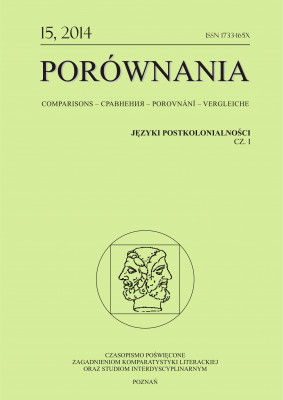On the Sophistry of a Modern Humanistic Discourse – Traditions, Postcolonial Implications, Consequences
The aim of the article is an analysis of a contemporary humanistic Polish discourse in which three elements play specific roles: a postcolonial condition, the third sophistry and the ideological background of the communist system. A soft switch from “old” Marxist theses to “modern” relativism, and, in a broader sense, to postmodernism became possible inter alia due to the reception of American neopragmatism, especially Stanley Fish’s and Richard Rorty’s ethical views. The third sophistry (a modern version of the first sophistry represented by Gorgias and Protagoras) delivered helpful language tools for a description of the world which became relativistic. The authors of the article propose a thesis that the heritage of the Soviet colonialism resulted in such a version of postmodern Polish discourse that is based on manipulations dating back to Stalinism. The new system and new ideology have made use of the old tricks that are still deeply rooted in the mentality of the participants of the public debate in Poland.
| Article Title | Type | Size |
|---|---|---|
| Marta Skwara Marek Skwara | [pdf] | [321 KB] |
